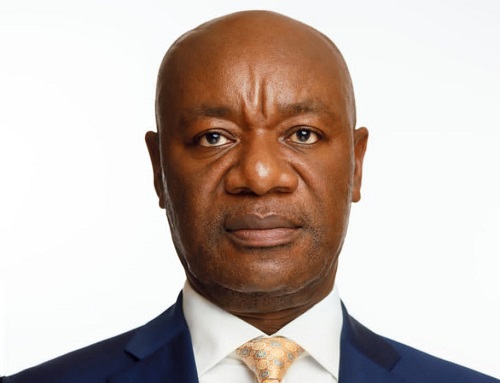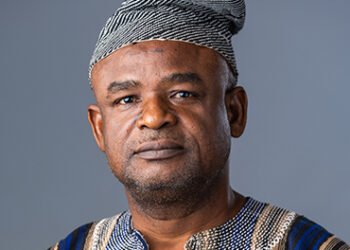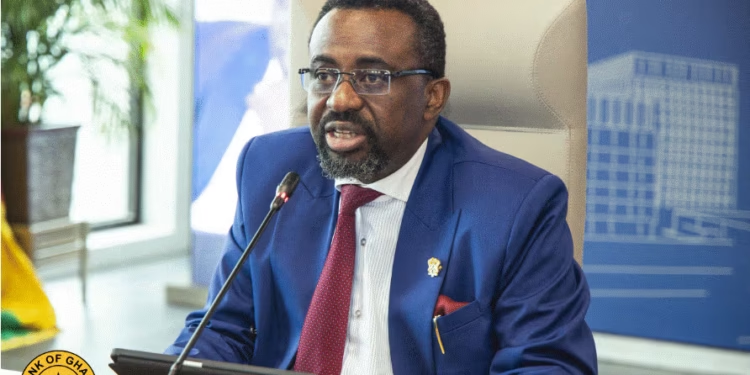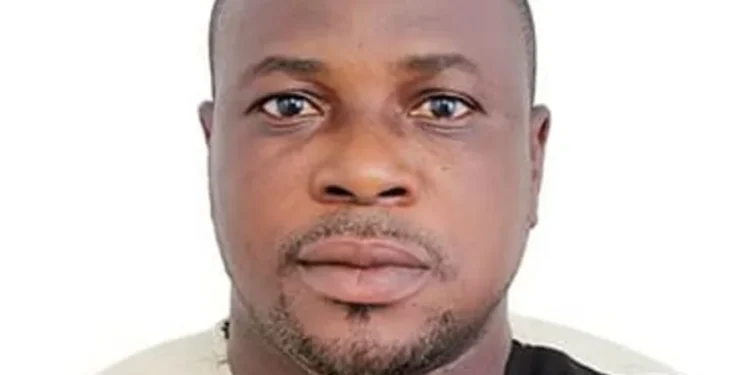The Controller and Accountant-General’s Department (CAGD) is intensifying efforts to eliminate ghost names from the government payroll through the deployment of biometric verification tools.
Controller and Accountant-General Kwasi Agyei announced that his department is set to procure handheld biometric devices to verify the identity of public sector workers using their National Identification Authority (NIA) numbers.
“It’s a collective responsibility; it is not just by the controller. We have ways that internally we started, and we will continue to do it”
Kwasi Agyei, Controller and Accountant-General
This initiative follows revelations made by the Minister of Finance Dr. Cassiel Ato Forson during the 2025 Mid-Year Budget review, which exposed the alarming presence of 14,000 unverified workers and 53,307 separated staff still appearing on the government’s wage bill.
The continued existence of such names not only burdens the national budget but also raises concerns about payroll integrity.
Addressing the media at a briefing organised by the African Association of Accountants General (AAAG) in Accra, Mr. Agyei explained that while some strides had been made in linking government payroll data with the NIA system, the current measures were insufficient in completely resolving the issue.
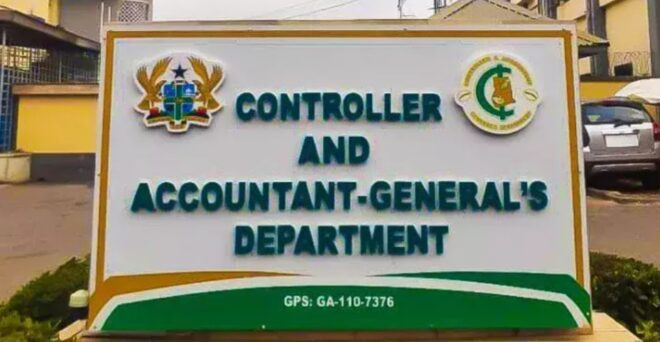
“Last year, we were able to link our payroll database with the NIA database, but linking it is not enough,” Mr Kwasi Agyei said, emphasising that simply associating ghost names with valid identification numbers does not eliminate the fraud if no real human presence exists to match the record.
“If you don’t clean the system and the validators keep on validating, what it means is that at the end of the month they are still validating the ghost.
“That is the reason why we are moving a notch further, not just linking, but then we are going to procure handheld devices where now people are going to be verified using the NIA number”
Kwasi Agyei, Controller and Accountant-General
Improving Credibility
In recent years, the CAGD has introduced several measures aimed at improving the credibility and transparency of public payrolls. The latest step marks a more technological and stringent shift in combating systemic fraud.
By instituting biometric verification, each government worker will be required to prove physical presence during the validation process.
According to the department, the initiative aligns with broader government objectives to strengthen public financial management and reduce leakages.
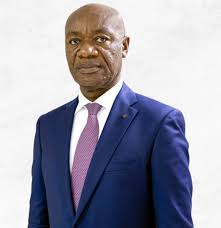
The biometric verification process is expected to provide auditors and payroll managers with real-time assurance that salaries are only disbursed to legitimate employees who are physically present and properly documented.
Stakeholders in the public financial space have often expressed concerns over the inefficiency and cost implications of ghost names on the national budget. The new approach is expected to reduce fiscal waste and enhance accountability among institutions that manage personnel information.
While the plan has been widely welcomed by civil society and fiscal watchdogs, implementation will require inter-agency coordination, capacity building, and consistent monitoring to prevent loopholes.
The CAGD has reiterated its commitment to ensure the new system becomes a reliable mechanism in securing the integrity of government payrolls.
READ MORE: BoG Governor Flags Key Inflation Risks Amid Strong Fiscal Gains

